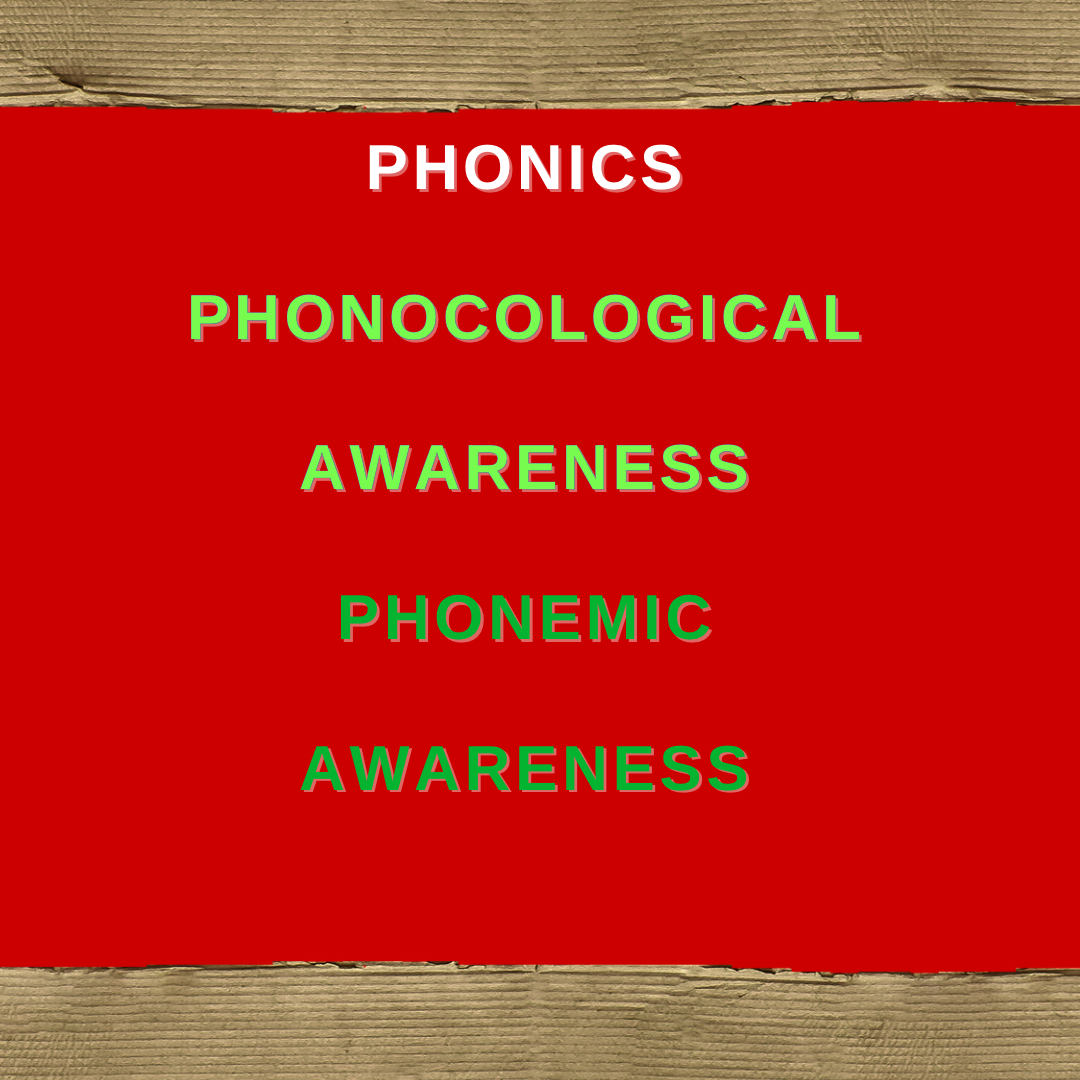Phonological and Phonemic Awareness
Over the next several weeks, I’m going to discuss phonological and phonemic awareness. What do these terms mean, what are skills associated with these terms? I’ll also discuss why these skills are essential and discuss some techniques and teaching points to help you assist your child.
In this blog, I want to define phonological awareness and discuss some of the skills I will discuss over the following several blogs.
Most Reading Specialists and Reading Professors define Phonological awareness as the ability to recognize and work with sounds in spoken language. Phonological awareness includes hearing different words, syllables, and sounds, as well as being able to segment, blend, and manipulate those sounds. Phonological awareness is a critical foundational skill for learning how to read and write.
- Recognition of individual words in a sentence (How many words are in this sentence?)
- Recognition and identification of rhyming words
- Recognition of the parts of a word—or syllables—by counting them, taking them apart, and putting them together
- The ability to manipulate onset and rhyme—producing rhymes
Phonological awareness also includes recognizing minor, more abstract sounds in words—the individual sounds known as phonemes. This characteristic is called phonemic awareness.
Phonemic awareness is a subset of phonological awareness. It is the ability to isolate, blend, and segment the units of sound called phonemes.
Phonemic awareness includes the ability to:
- The ability to identify and produce phonemes
- Blend phonemes
- Segment phonemes
- Isolate phonemes
- Manipulate phonemes
What can you expect from my next several blogs
Phonological awareness is a crucial skill for children to grasp the language, both written and spoken.
Over the following several blogs, I will discuss these and more phonological skills in more detail. We will cover many different topics, including:
- Syllable segmenting
- Syllable blending
- Onset-rhyme blending
- Sound and word discrimination
- Individual phoneme blending
- And much more!



